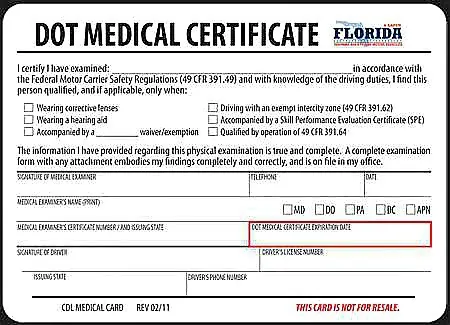Obtaining an Indiana CDL can be a challenging journey, especially with several factors that can prevent you from getting or keeping your license. From serious offenses to minor oversights, the list of Indiana CDL disqualifications is longer than you might expect. Do not let a simple mistake hold your career back. Understanding the rules and penalties is a must to stay informed, and keep your license safe. Therefore, our post today uncovers all the most common CDL disqualifications in Indiana, giving you a comprehensive overview of what you should watch out for. Keep reading to avoid costly penalties and protect your livelihood!
What are the Indiana CDL disqualifications?
Here is the detailed breakdown of Indiana CDL disqualifications according to the Indiana Commercial Driver’s License manual, ensuring road safety and public trust:
DUIs and leaving accident scenes offenses
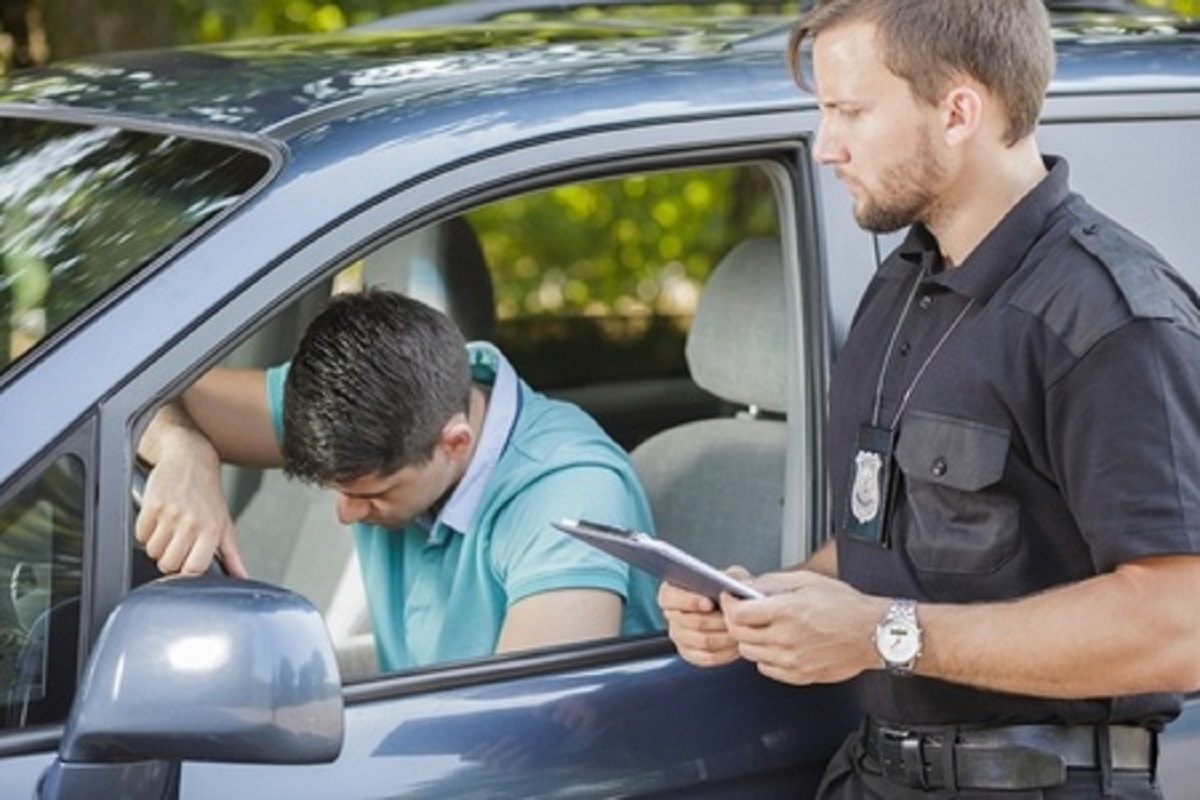
Indiana enforces strict penalties for the following offenses to deter unsafe practices and protect other road users:
- Driving with elevated blood alcohol levels: Driving a commercial motor vehicle (CMV) with a BAC of 0.04% or higher leads to at least a one-year suspension of the CDL.
- Refusal to submit to alcohol or drug testing: Refusing a BAC or drug test when required will also have a mandatory disqualification of at least one year.
- Controlled substance violations: Driving under the influence of drugs or controlled substances results in losing your CDL for at least one year.
- Leaving an accident scene: Leaving the scene of an accident involving a CMV leads to a one-year suspension.
- Negligent driving resulting in a fatality: A death caused by negligently using a CMV will lead to disqualification, especially when hazardous materials are transported.
Any second violation of the above offenses will result in permanent CDL disqualification. Moreover, felonies committed using a CMV, particularly those involving controlled substances, also lead to lifetime disqualification.
Serious traffic violations
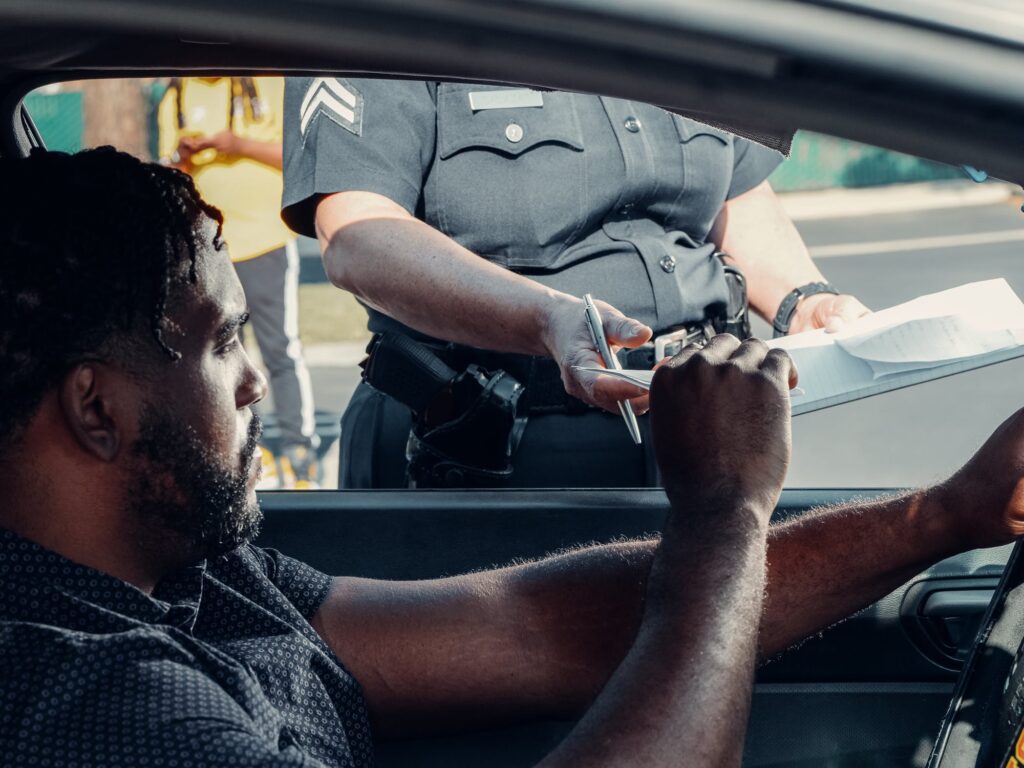
Serious traffic violations refer to unsafe driving practices that demonstrate bad judgment and pose significant safety risks. These violations demonstrate a pattern of negligence or recklessness, and thus, heavy penalties are attached to ensure that safety is maintained to a higher degree. Serious violations are included but not limited to the following:
- Excessive speeding: Operating the vehicle 15 mph over the limit or more.
- Aggressive or reckless driving: Improper lane change, driving to endanger others.
- Following too closely: Tailgating of other vehicles is a safety hazard and thus attracts fines.
- Operating without proper licensing: Operating a CMV without a valid CDL or failing to have it in your possession.
- Mobile device misuse: It is strictly forbidden to use a handheld device to text or dial a number while operating a CMV.
A driver risks disqualification for repeated violations including:
- Two violations within three years: 60-day disqualification
- Three or more violations within three years: 120-day disqualification
Disregarding out-of-service orders
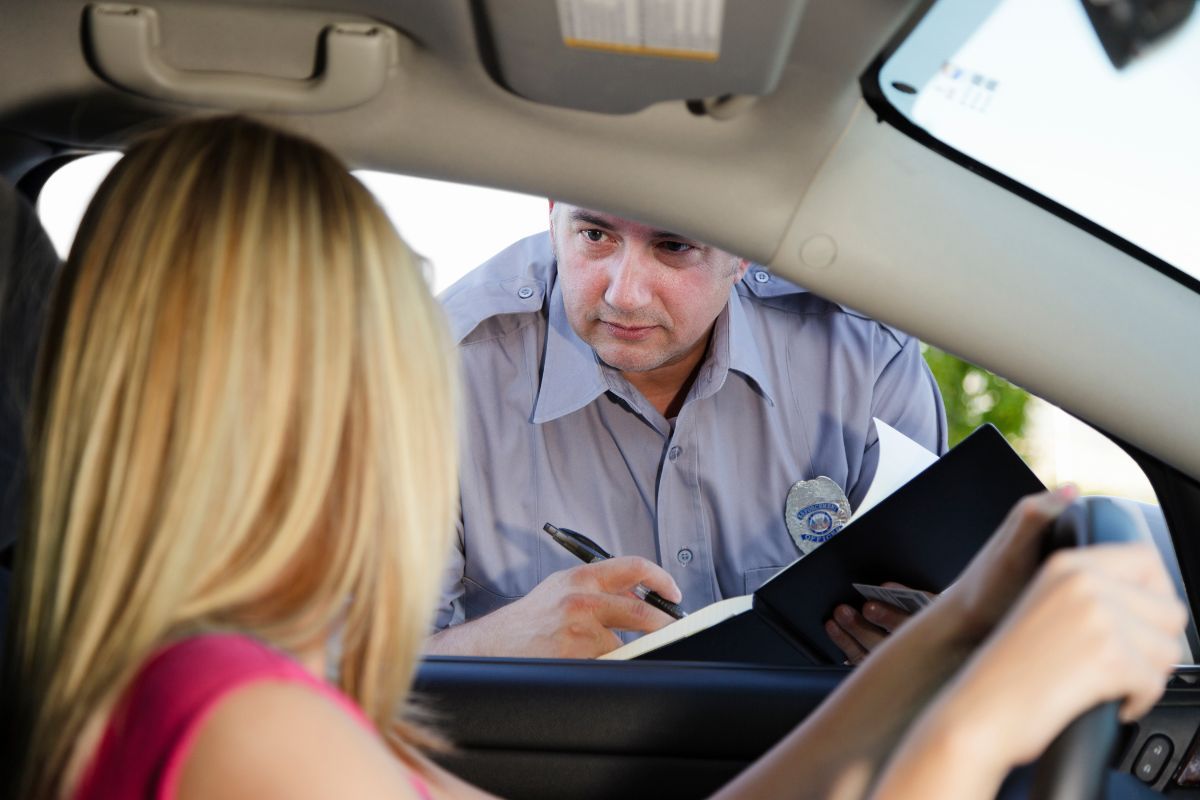
An out-of-service order is an order issued when a serious safety or compliance concern exists, such as a mechanical defect or another violation of federal requirements. Operating a CMV while under an out-of-service order puts lives at risk and jeopardizes the enforcement of safety standards. Indiana uses progressive sanctions for this type of violation to stress the importance of compliance. Specifically:
- First offense: Disqualification of at least 90 days.
- Second offense within 10 years: Disqualification of at least 2 years
- Third offense within 10 years: Disqualification of at least 3 years
Railroad crossing violations
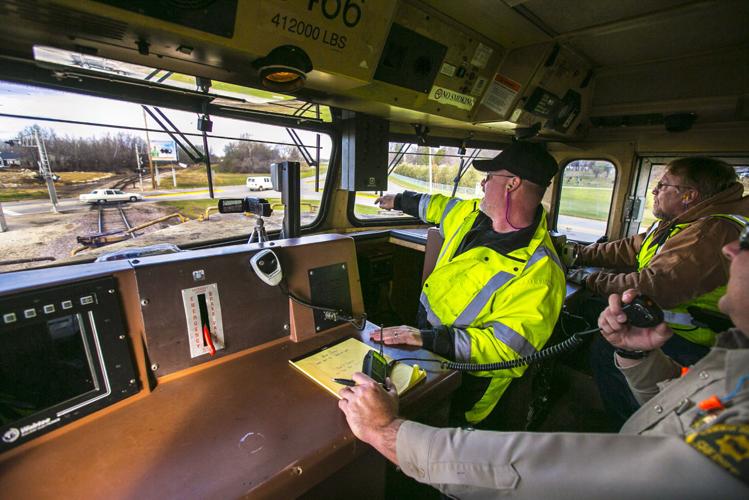
Railroad-highway grade crossings are high-risk areas where CMV operators must exercise caution and follow strict rules. Failing to comply with crossing requirements can lead to catastrophic accidents, and Indiana enforces harsh penalties to prevent such incidents. The following are considered violating railroad crossing:
- Failure to stop: Ignoring signals or failing to stop when required by law.
- Insufficient clearance: To enter a crossing without sufficient space to complete the crossing without obstruction.
- Failure to obey traffic controls: Failure to obey traffic signals or directions from an enforcement officer at crossings.
Penalties increase for subsequent violations occurring within 3 years:
- First offense: 60-day disqualification.
- Second offense: 120-day disqualification.
- Third offense: One-year disqualification.
Hazmat endorsement restrictions
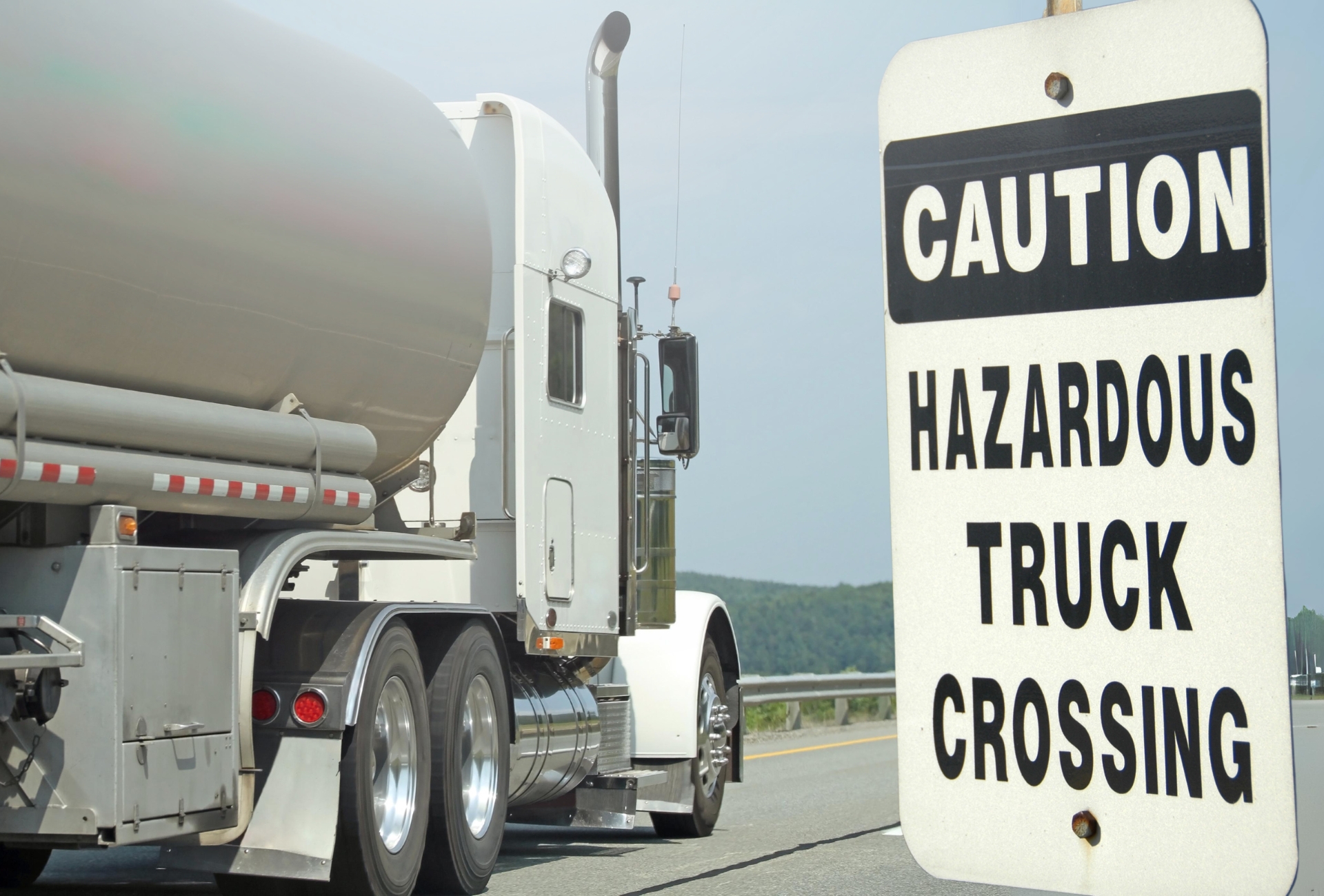
Transporting hazardous materials (HazMat) is a great responsibility and trust. To get or continue a HazMat endorsement, drivers must undergo background checks and meet certain eligibility criteria. Indiana has strict disqualifications to ensure only competent persons can be allowed to transport dangerous goods:
- Determining security threat: The Transportation Security Administration (TSA) can deny an endorsement if a driver presents a threat.
- Felony convictions: Felonies involving terrorism, explosives, or other high-risk activities.
- Mental health issues: A history of mental incompetence or commitment to an institution.
Personal vehicle violations impacting CDL status
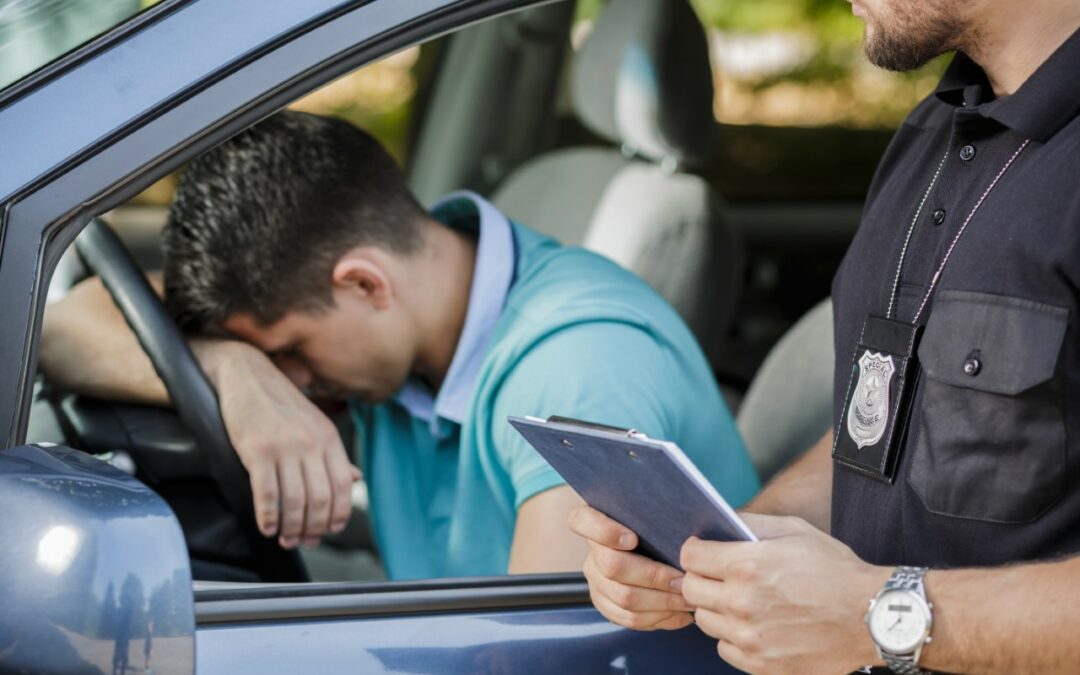
CDL holders are held to high standards even while driving personal vehicles. Severe violations in a personal vehicle show a lack of respect for the driver’s overall responsibility and may lead to CDL penalties:
- Suspend personal driver’s license: Any suspension or revocation leads to a one-year CDL suspension.
- DUI in personal vehicle: A second DUI offense in a private vehicle can result in lifetime CDL disqualification
- No hardship licenses: Indiana does not allow hardship licenses for CMVs if your personal license is revoked.
FAQs
1. What felonies disqualify you from getting a CDL in Indiana?
In Indiana, the following felonies can lead to your disqualification for getting a CDL:
- Felonies involving motor vehicles:
- The commercial vehicle used in the commission of a felony: Using a commercial vehicle in any manner to commit a criminal offense
- First or second manslaughter with a motor vehicle: A conviction based on manslaughter with a motor vehicle will result in permanent disqualification of your CDL
- Misconduct involving a motor vehicle: Crimes involving reckless or dangerous actions with a vehicle, such as theft or assault
- Causing a fatality due to careless or reckless driving
- Other serious non-vehicular felonies that can lead t9o disqualification:
- Extortion
- Bribery
- Smuggling
- Arson
- Treason
- Murder
2. How do you lose your CDL in Indiana?
In Indiana, you can lose your CDL for many reasons, including but not limited to:
- Major offenses: Repeated DUI/DWI, leaving the scene of an accident or using a vehicle to commit a felony.
- Traffic violations: Commit two serious traffic or railroad crossing violations within three years.
- Out-of-service violations: Ignore out-of-service orders issued to you or your vehicle.
- Specific CDL violations: Operating a commercial vehicle without a valid CDL or with a suspended/revoked CDL.
- Too many pints on your driving record
The length of disqualification ranges from a few months to a lifetime depending on the severity of the offense. Keeping yourself updated with Indiana’s CDL regulations and following safe driving habits are crucial to retaining your license.
Final thoughts
Your Indiana CDL is more than a license, it is your livelihood and a gateway to endless opportunity. Understanding Indiana CDL disqualifications is crucial to protect your career as well as your reputation. You will avoid expensive mistakes by reviewing the rules of the road, steering clear of dangerous behaviors, and following best practices. After all, taking care of your CDL is more than just compliance, it is about protecting your future on the road and public safety. If you have any questions regarding Indiana CDL disqualification issues, feel free to contact us to keep your CDL safe and eligible.


